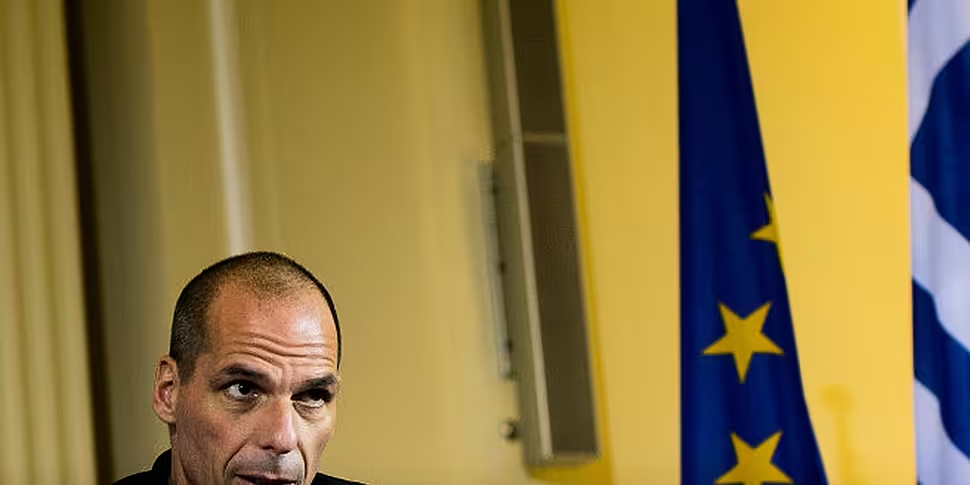Yanis Varoufakis has taken to his blog in an attempt to set the record straight regarding the Eurogroup meeting in Riga on April 24th which has been described as the 'Rumble in Riga.'
Eight of those who were present at the meeting broke decorum and spoke of a breakdown in relations, which allegedly ended in the trading of personal insults and Mr Varoufakis being accused of wasting the other ministers' time.
He says that these 'leaks' were untrue, and presented the world with "a preposterously false view of what was being said" in the meetings.
This fed into a broader narrative that reported that Alexis Tsipras had sidelined Mr Varoufakis due to the breakdown in relations - he describes this as not "even remotely true."
The minister adds the following clarifications:
- My fellow ministers never, ever addressed me in anything other than collegial, polite, respectful terms.
- I did not lose my temper during that meeting, or at any other point.
- I continue to negotiate with my fellow ministers of finance, leading the Greek side at the Eurogroup.
He also comments on the media's coverage of suggestions that he had betrayed the trust of the Eurogroup by covertly recording the meeting, saying that he recorded some of his input on his phone with the purpose of drawing up a briefing note to circulate with the Greek government when he returned to Athens.
"I stood firm against the torrent of lies that flowed for weeks like an out of control sewer. I desisted all provocation and refused to divulge anything of what was said in the meeting," the minister continues.
Mr Varoufakis ends with a series of messages:
To my detractors I have this to say: "You have not had any leaks from me during or after any of my meetings. Indeed, no one has respected the confidentiality of those meetings more than I – even during the days and weeks I was being provoked by the news media’s false, personal attacks regarding those meetings."
To fellow Europeans I add this: "Perhaps it is time we became a little more sceptical about the journalism we rely upon as citizens. And perhaps we should query European institutions in which decisions of monumental importance are made, on behalf of Europe’s citizenry, but in which minutes are neither taken nor published."
He concludes: "Secrecy and a gullible press do not augur well for Europe’s democracy."









